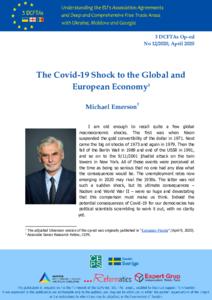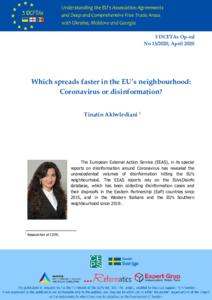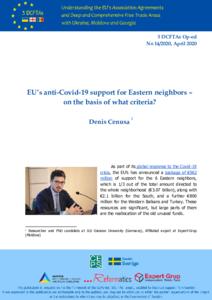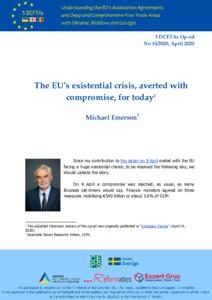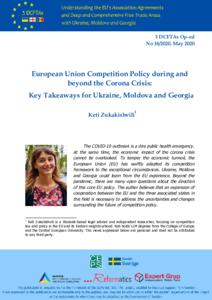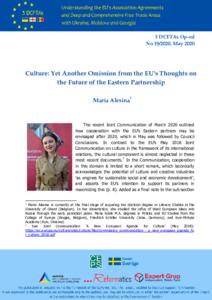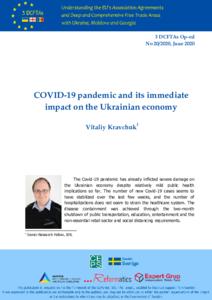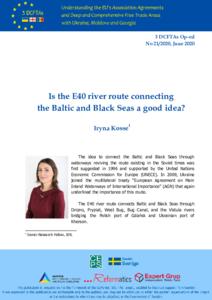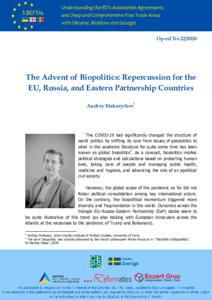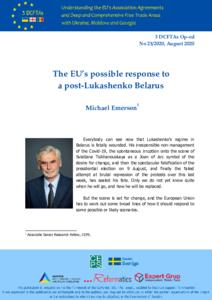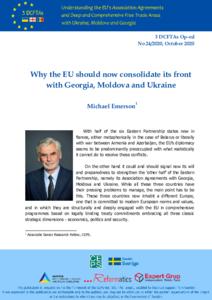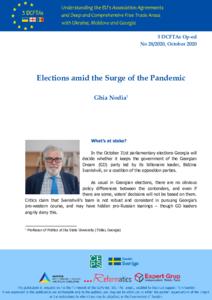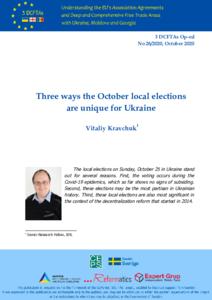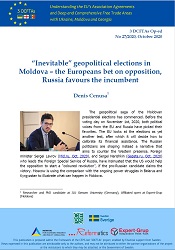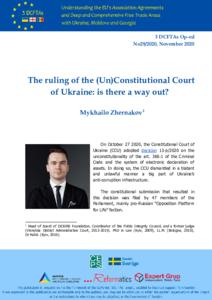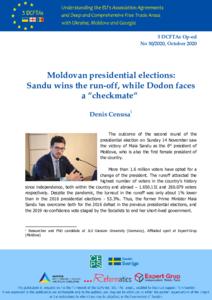
Judicial reform in Ukraine: stalled, damaged and abandoned
Judicial reform in Ukraine: stalled, damaged and abandoned
Keywords: judiciary reform in Ukraine;
President Zelensky and his party got unprecedented support from the people in the last year’s elections. They convinced many people with promises to dismiss the old corrupt judiciary, and imprison those who deserve it as early as “spring comes”. Now spring came, but the effective justice reform did not. The ambitious law enforcement reforms stopped, and the judicial reform did not even have a chance to start. What are the reasons? And is there a way to remedy the situation?
More...
